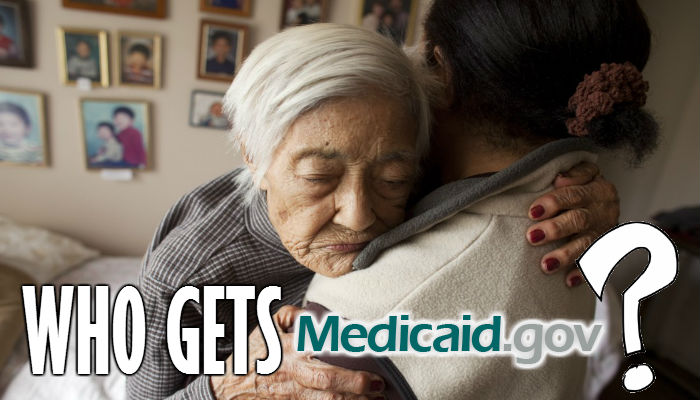
By David R. Okrent, Esq, CPA
Submitted by Miriam Mack-Piccone, Paper Aesthetics, Lead Graphic Designer and Public Relations Director, Okrent Law
Whether or not one believes in the efficacy of labor unions, the not-so-subtle implications from the Supreme Court of the United States (SCOTUS) ruling in Harris v. Quinn is deeply troubling. Indeed, while the case concerned workers and unions, the potentially negative decision could leave our most vulnerable citizens without the full protection of the federally mandated Medicaid program; that is the problem nobody seems to be talking about.
The Harris case was brought in 2010 by Pamela Harris, an Illinois mother receiving compensation as a home health aide through the Medicaid program, caring for her disabled son. Harris was essentially challenging an executive order issued by Illinois Governor Pat Quinn that designated personal assistants (PAs) caring for disabled adults as state employees, and thus allowing these workers the right to choose a collective-bargaining agent. Harris and the other plaintiffs, who were not-so-surprisingly financially backed by a well-known anti-union group—National Right to Work Legal Defense Foundation (NRWLDF)—argued that despite enjoying improved working conditions thanks to the benefits won by union representation, she and other workers should not have to pay union dues even though home health aides are paid through the Medicaid program administered by an Illinois state agency.

Writing for the majority, Justice Samuel Alito argued that while the state might “officially” provide the paycheck, it is ultimately the “customers”—Medicaid recipients—who control most of the relationship with their home healthcare workers. Conversely, Justice Elena Kagan pointed out in her dissent that the care provided by home care workers is obviously much better when those workers enjoy negotiated wages, work rules, and safety standards as a result of union representation.
In other words, both home healthcare workers, as well as their disabled and elderly patients benefitted from improved working conditions and state regulations for public union employees. Here again, it does not matter where one stands on the idea of labor unions to understand how this ruling could go on to detrimentally effect disabled and elderly healthcare consumers. On the contrary, when the high court ruled against home healthcare workers and their rights to collectively bargain for better working conditions, the 5-4 majority essentially reached into the living rooms of Medicaid recipients to deal a decidedly negative blow to patients’ rights.
While one would not assume that patients in a hospital are de facto employers of the nurses and doctors who care for them, it ironically seems that the SCOTUS majority now deem disabled and elderly Medicaid recipients both patient and boss. By changing the rules for these most vulnerable communities, SCOTUS added an undue burden on disabled and elderly healthcare consumers. The new relationship definition that makes homebound Medicaid recipients the boss fails to take into account that disabled and elderly patients will still have to seek out qualified caregivers who meet state and federal restrictions for Medicaid funded care.
Yet, in the wake of Harris v. Quinn, disabled and elderly patients can no longer count on state regulations that dually protected vulnerable Medicaid patients and workers alike under the protocols fought for by public employees and their unions. If anti-union advocates can so easily win a case that argues fair wages, work rules, and safety regulations are a luxury for America’s fastest-growing and most vulnerable workforce of home healthcare assistants—90 percent of whom are women and persons of color —one must also begin to wonder how those who rely most on dignified, quality healthcare will ultimately make out. The guarantee of Medicaid patient’s rights don’t really matter much without federal protection and enforcement.
David R. Okrent is the Long Island District Delegate of the Elder Law Section of the NY State Bar Association. He has been an active member of the Long Island legal community for over 29 years. Visit https://www.davidrokrentlaw.com or call (631)427-4600.
Leave a Reply